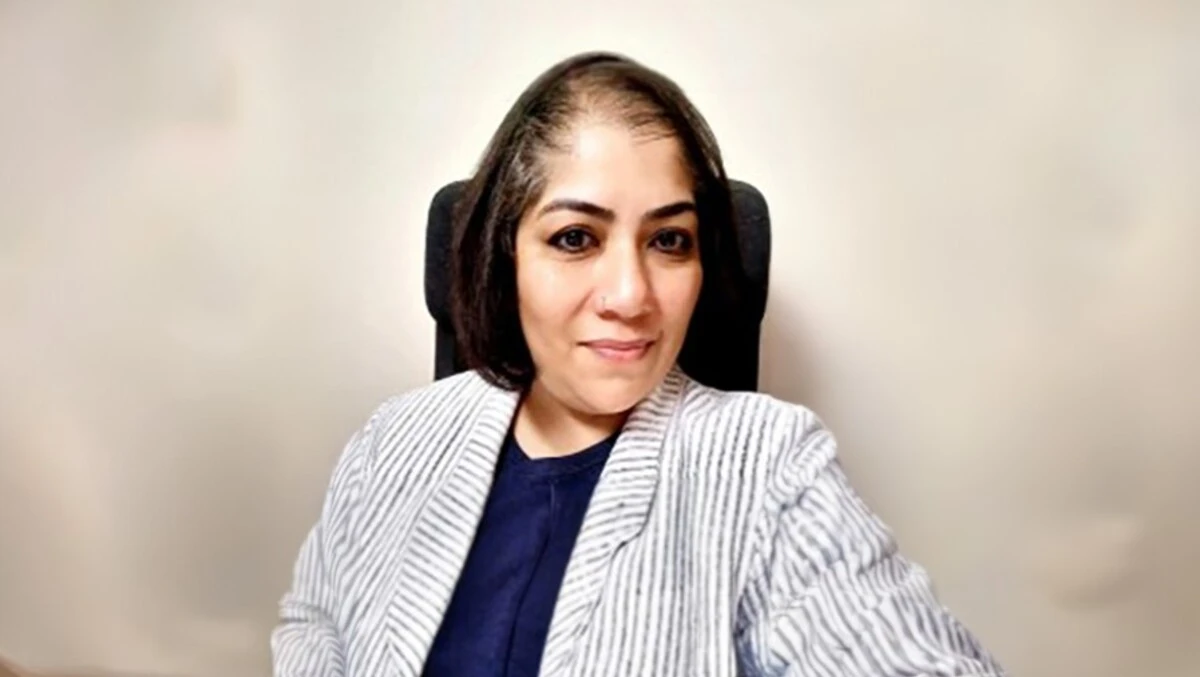
IWD 2024: How AI can help new mothers with their mental health
Becoming a parent is a life experience that truly changes everything. It comes with many challenges, including affecting mental health.
Numbers vary, but the World Health Organization reports that 1 in 10 pregnant women and 13% of women who have just given birth experience a mental disorder, primarily depression. The cases are even higher in developing countries, reaching 15.6% during pregnancy and 19.8% after childbirth. The Maternal Mental Health Alliance reports that perinatal mental health problems affect at least 1 in 5 new or expectant mothers. The demand for perinatal mental health services increased by 40% over the period August 2022 - March 2023 - although the numbers accessing perinatal mental health support only increased by 8%, meaning there are 30,00 new or expectant mums on the waiting list. As well as postpartum depression and anxiety, there are more rare yet serious conditions, such as bipolar disorder, which occurs in a fraction of new mothers.
And this carries with it huge risk. Suicide remains the leading cause of direct maternal death in the first year after pregnancy, accounting for 20% of deaths. Up to 14% of new mothers have a level of suicidal ideation in the first year.
As well as the personal importance of addressing maternal mental health conditions, there is an economic case for increasing access to treatment, and research shows that the cost of untreated perinatal mental health challenges far outweighs the cost of providing care for maternal mental health disorders.
New research underscores the potential of Artificial Intelligence (AI) chatbots, like Wysa, in providing mental health support to prenatal and postnatal women. The study Understanding the impact of an AI-enabled conversational agent mobile app on users' mental health and wellbeing with a self-reported maternal event: a mixed method real-world data mHealth study published in Frontiers in Global Women's Health, focused on real-world data and personal maternal experiences. When using the AI mental health app Wysa, highly engaged mothers in the study saw a significant reduction in depressive symptoms of 12.7% (from 15.8 to 13.8 measured on the Patient Health Questionnaire-9, which assesses the degree of depression severity via questionnaire). The study had a high effect size, which moved individuals from moderate to severe depression to moderate depression.
Mothers mainly communicated with the chatbot about their emotional states and stressors and sought broader emotional support than solely maternal mental health care. The qualitative feedback acknowledged comfort in utilising Wysa as a digital mental health tool and the reassurance that came from having an always-on tool available.
The implications of this research are profound for healthcare systems and mothers around the world, illustrating that AI chatbots like Wysa could help augment health information systems, assist in early detection of postnatal depression, and ensure constant support accessibility so that perinatal women don't feel alone. There is so much stigma and shame associated with the emotions women face as new mothers, and a confidential, safe space to offload worries and work through problems means that women are not left waiting for help - and deteriorating in the process.
Given the substantial number of women globally facing perinatal mental health issues and considering the economic burden of perinatal depression and anxiety, leveraging technology like Wysa could go a long way in fortifying mental health care, providing accessible solutions, offering immediate aid, and gathering high-quality data, which ultimately enhances mental healthcare interventions and develops care for maternal mental health.
Given that there are around 367,000 births every day around the world, maternal mental health is something that needs to be taken seriously on a societal level. Rethinking healthcare systems, cultural language and attitudes and using digital can go a long way to changing the lives of the millions of women who struggle with maternal mental health.